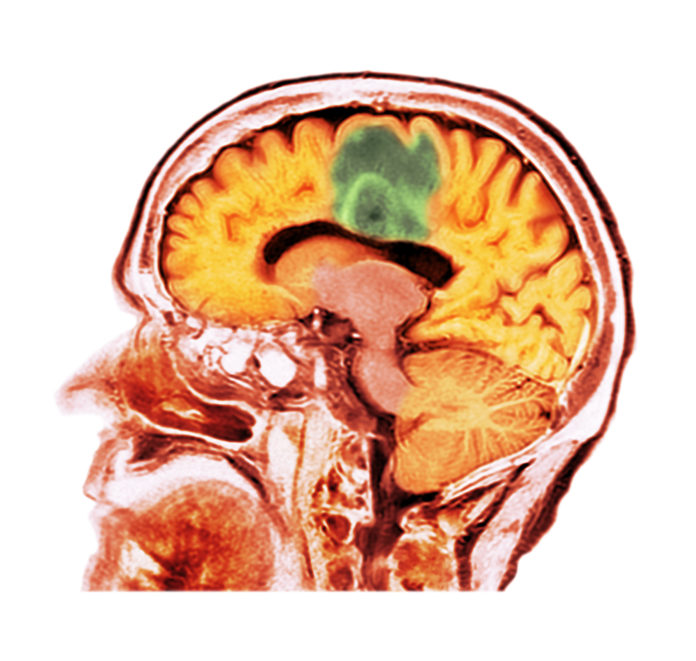Researchers from Uppsala University report that therapies for glioblastoma brain cancer can be delivered with greater precision and existing drugs can be used in new ways. Team, which investigated a large number of cell samples from patients with brain tumors, characterized how changes in glioblastoma cells influence the effect of different drugs.
The study, “A Patient-Derived Cell Atlas Informs Precision Targeting of Glioblastoma” appears in Cell Reports.
“Glioblastoma (GBM) is a malignant brain tumor with few therapeutic options. The disease presents with a complex spectrum of genomic aberrations, but the pharmacological consequences of these aberrations are partly unknown,” write the investigators.
“Here, we report an integrated pharmacogenomic analysis of 100 patient-derived GBM cell cultures from the human glioma cell culture (HGCC) cohort. Exploring 1,544 drugs, we find that GBM has two main pharmacological subgroups, marked by differential response to proteasome inhibitors and mutually exclusive aberrations in TP53 and CDKN2A/B.”
“We confirm this trend in cell and in xenotransplantation models, and identify both Bcl-2 family inhibitors and p53 activators as potentiators of proteasome inhibitors in GBM cells. We can further predict the responses of individual cell cultures to several existing drug classes, presenting opportunities for drug repurposing and design of stratified trials.”
“Our functionally profiled biobank provides a valuable resource for the discovery of new treatments for GBM”
It has become increasingly evident that GBM tumors contain many genetic aberrations that vary between patients. Despite this, there is still a lack of ways to tailor the therapy to take account of these changes and patients currently receive similar treatments.
According to Sven Nelander, PhD, of the department of immunology, genetics, and pathology at Uppsala University, the principal investigator of the study, the scientists used an algorithm to investigate which changes in the cancer cells could best predict the effect of a specific drug. By means of this characterization, they were able to group the tumors and found two main subgroups based on drug response and mutations in certain genes.
“By characterizing the cells at multiple levels, we discovered unexpected associations between important genes and pathways, and different drugs. This in turn led us to find new ways to combine different drugs to maximize the effect,” says Nelander.
“Our results thus provide a good starting point for further research aiming to increase precision and adapt the therapy for different glioblastoma patients. They can also be used to discover new purposes for already existing drugs.”








 个人中心
个人中心 我的培训班
我的培训班 反馈
反馈













Comments
Something to say?
Log in or Sign up for free